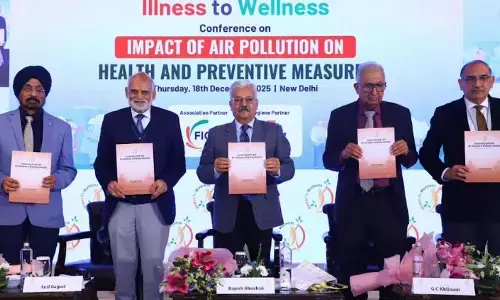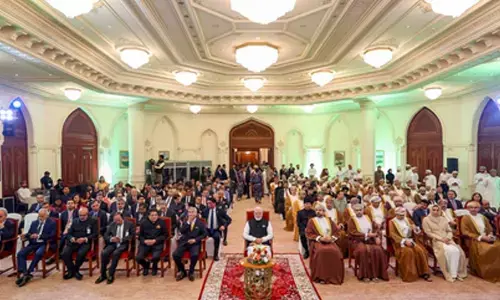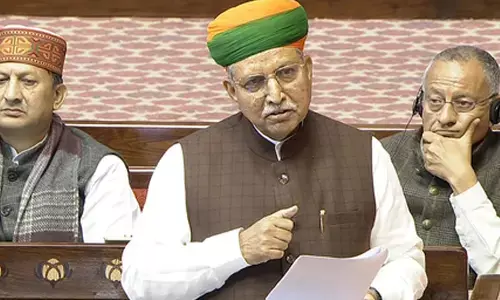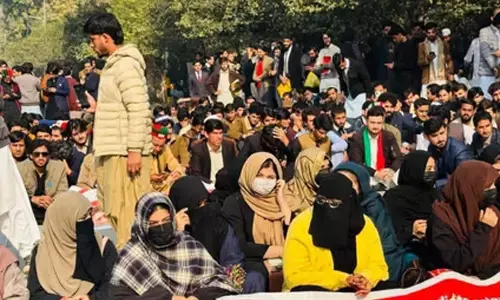Air India to give vacant seats to waitlisted Rajdhani passengers
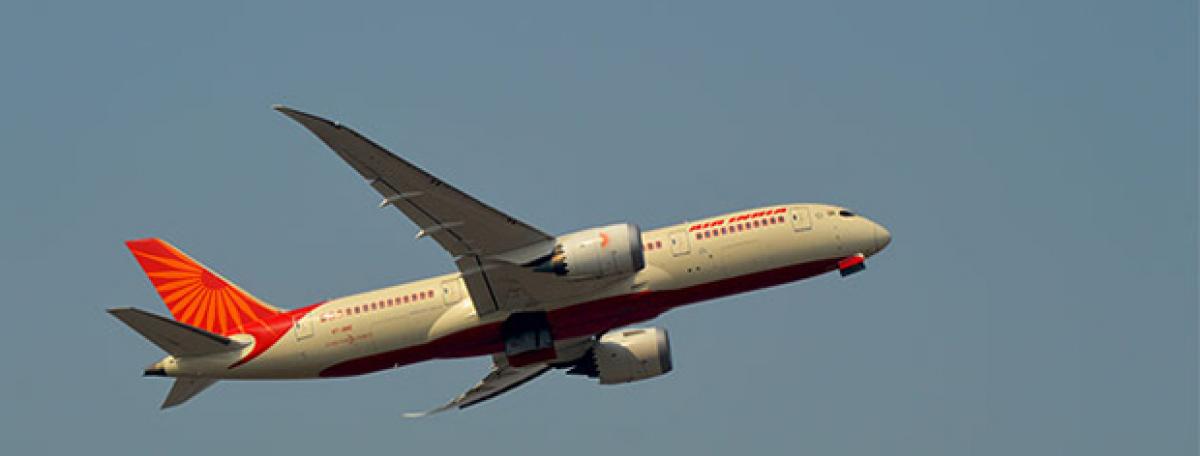
Air India is charting an ambitious plan to connect more number of small towns, which is one of the pillars of the new aviation policy, and has initiated the process to identify which aircraft will fit the bill best, the flag carrier\'s chairman has said.
Air India is charting an ambitious plan to connect more number of small towns, which is one of the pillars of the new aviation policy, and has initiated the process to identify which aircraft will fit the bill best, the flag carrier's chairman has said.
"Our prime focus is to increase regional connectivity. We will try to connect as many places as possible," Air India Chairman and Managing Director Ashwin Lohani told IANS in an interview at its headquarters Airlines House here.
"In the recent past, for example, we started around 10-12 direct flight connections between our hub at the airport here (Indira Gandhi International Airport) to Tier I and II cities. They are doing well," Lohani said, adding a similar move is underway from regional hubs to smaller towns.
The airline currently has only leased aircraft for regional coverage.
The fleet comprises three CRJ-700s with a capacity of 70 seats each, three ATR 42-320 and five ATR 72-600 to connect smaller cities and towns.
"Plans are to induct more aircraft -- smaller aircraft -- and may be in a slightly different category," he said.
"We are looking at various options. But smaller jets seem to fit the bill. They would be faster, cost less and, perhaps, even be cheaper to operate," Lohani said, adding that the airline may also go for 100-seat jets.
At the moment, only the Bombardier Canadair Regional Jets in its fleet operate on jet engines.
The new civil aviation policy has a host of sops to improve regional connectivity, for which a Rs 2,500 cap has been proposed on fares for travel of one hour or 600 km. The policy says the scheme will only apply in states that levy a maximum of one per cent value added tax on fuel.
This apart, the central excise duty is proposed at two per cent, against 14 per cent now, even as the airport charges, parking and landing fee will be waived. The service tax on tickets will also be levied at 10 per cent of the taxable value for one year.
A 1980 batch member of the Indian Railway Service, Lohani is also keen that passengers in India have the option to both fly and travel by train. He hoped the proposal floated early last month for an accord with the Indian Railway Catering and Tourism in this regard will fructify soon.
"This proposal is for filling up our vacant seats. Last month, we had proposed to give Air India tickets to the wait-listed Rajdhani passengers in association with IRCTC. We're ready from our side. We expect the agreement to fill around 2,000 seats per day."









